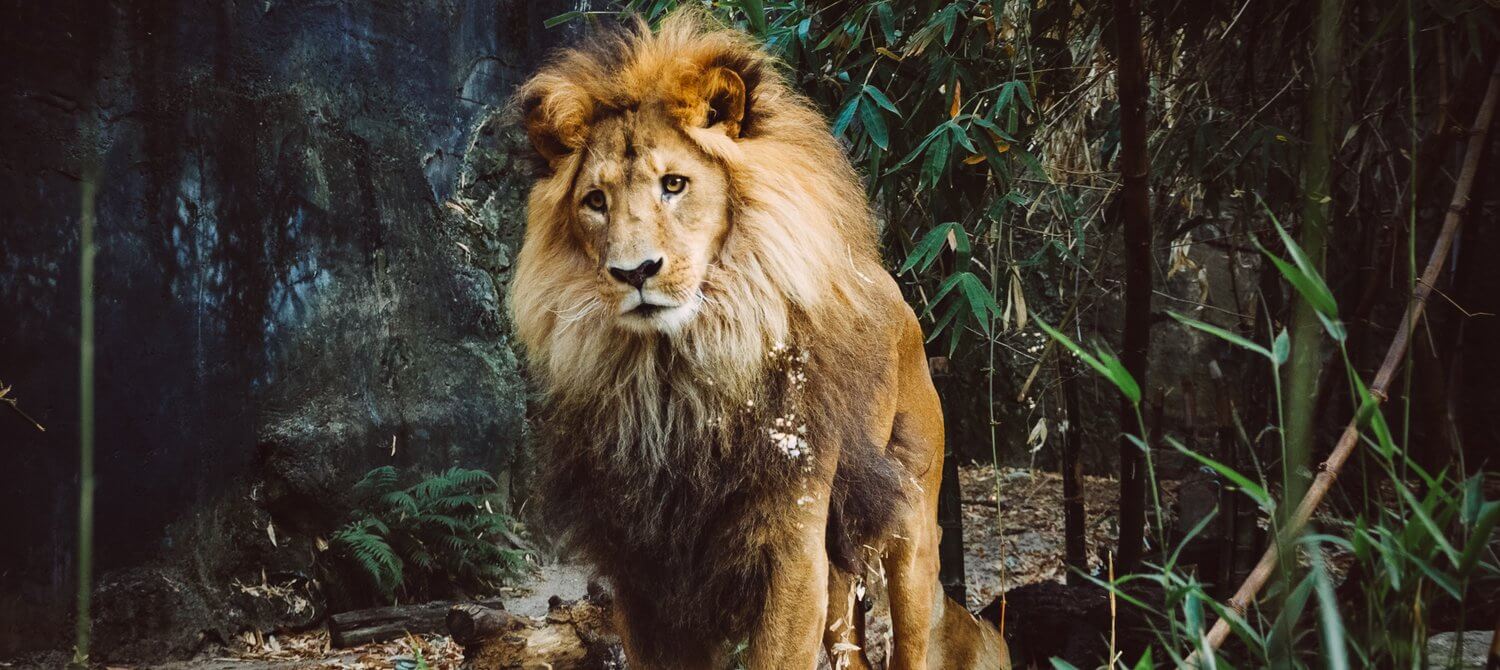
The weight of 7.6 billion humans on Earth makes up just 0.01 percent of all its biomass, according to a report that was published in the Proceedings of the National Academy of Sciences.
Bacteria, by comparison, make up 13 percent of all biomass, plants account for 83 percent, and all the other forms of life make up 5 percent of the total weight, according to the report.
In spite of being such a small part of Earth, humanity has been steadily destroying everything else on the planet for the past few millennia, according to the Guardian.
Humans have, in fact, caused the annihilation of 83 percent of all wild mammals and half of all plants, as the authors of the report discovered.
And it isn't only that humans are wiping out wildlife; they are also determining the remaining animals and plants.

Photo by ALP STUDIO on Unsplash
Of the birds left on the planet, 70 percent are poultry chickens as well as other farmed birds. And out of the mammals left in the world, 60 percent are livestock, 36 percent are pigs, and a mere 4 percent are wild.
Marine mammals, meanwhile, have plunged by 80 percent over the past century, the report showed.
“It is definitely striking, our disproportionate place on Earth,” Ron Milo, a professor at the Weizmann Institute of Science in Israel that led the report, told the Guardian. “When I do a puzzle with my daughters, there is usually an elephant next to a giraffe next to a rhino. But if I was trying to give them a more realistic sense of the world, it would be a cow next to a cow next to a cow and then a chicken.”

Photo by Katerina Bartosova on Unsplash
The huge imbalance between domestic and wild animals is driven by industrial farming, extraction of resources, as well as the expansion of human civilization, all of which reportedly destroy ecosystems.
Other studies have also found the decline of animals and plants. For example, scientists have recently argued that the planet is experiencing its sixth mass wave of extinction, as billions of local animal populations are endangered around the globe.
The decline is by no means slowing down. According to a study, if temperatures at the end of the century are 3.2 degrees Celsius higher than pre-industrial levels, species across the animal kingdom could lose up to half of their geographical ranges.
However, the study spearheaded by Milo is the first taxonomic breakdown of the mass of all organisms on the planet, according to the authors, who pointed out that further research and advances in technology have to be developed to refine the data.
“I would hope this gives people a perspective on the very dominant role that humanity now plays on Earth,” Milo told the Guardian.
Global Citizen campaigns on the United Nations’ Global Goals, which call on countries to protect biodiversity. You can take action on the issue here.
Reference: Global Citizen
















“I would hope this gives people a perspective on the very dominant role that humanity now plays on Earth,
ReplyDeletehttp://www.pakistanjobs.pk/
Using and issuing check has gotten a step higher. Presently, individuals are never again required to make a beeline for banks to have the check cleared, saved, or encashed to the person whose name bears it. Check Cashing Chula vista
ReplyDeleteEvaluating your vehicle's worth will enable you to guarantee that you can get the most extreme sum conceivable on your auto value. auto title loans near me chicago
ReplyDeleteI think there are many other people who are interested in them just like me! How long does it take to complete this article? I have read through other blogs, but they are cumbersome and confusing. I hope you continue to have such quality articles to share!
ReplyDeletewings io